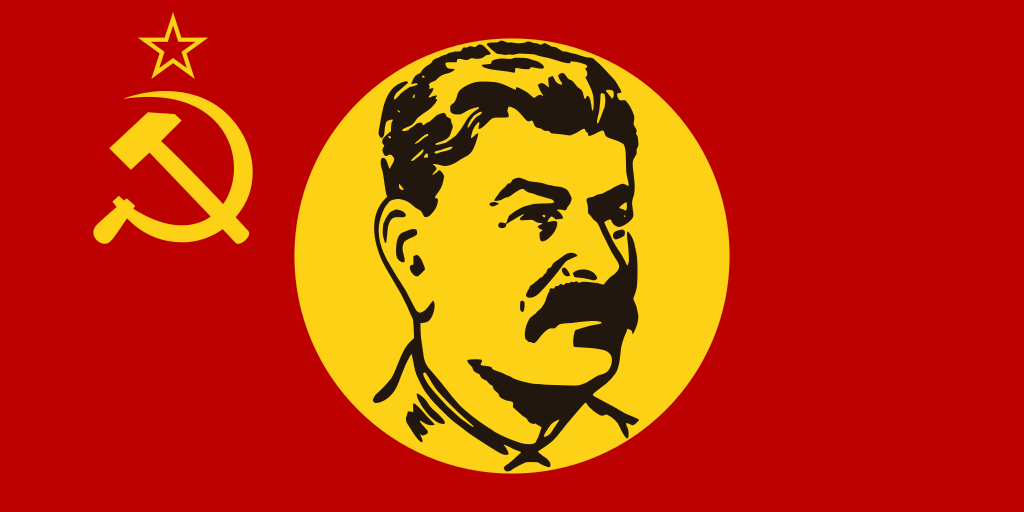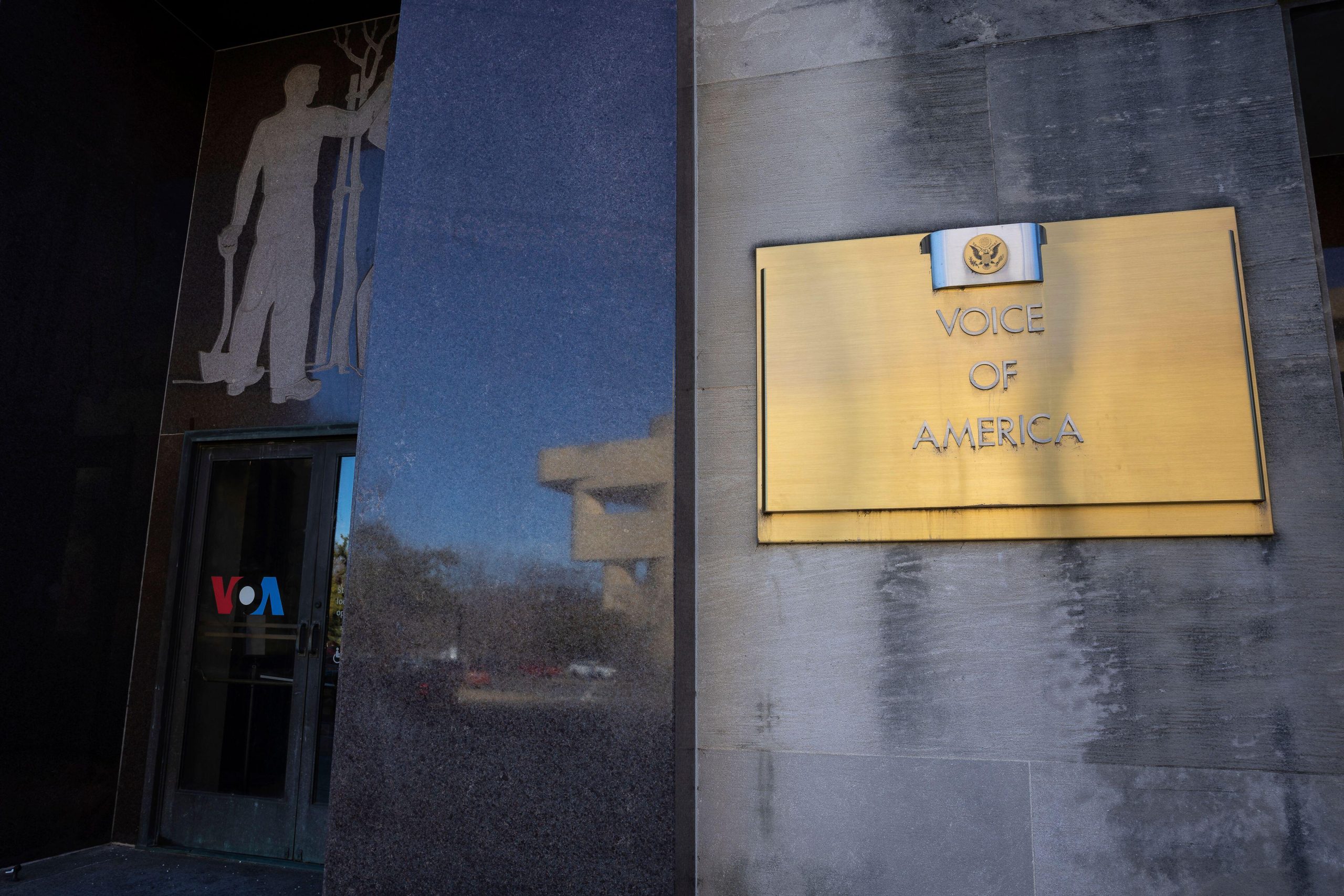Russia is haunted by the ghost of Joseph Stalin. Dozens of monuments to the Soviet leader dot the country; his angular face beams from billboards, bookshop displays and subway station walls; multi-episode shows depict him on national TV.
It seems a strange twist in Russia’s story to rehabilitate a highly repressive leader from the former USSR but it makes sense too. Under Stalin, Russia emerged from World War II victorious and with many countries under its control, which chimes with Vladimir Putin’s insatiable desire to restore Russia as a global superpower.
It’s not just Stalin’s image that haunts Russia today – it’s his tactics. The political abuse of psychiatry that was developed towards the end of Stalin’s rule, for example, is being used once again against the Kremlin’s critics. You can read a piece about this from Russian journalist Alexandra Domenech here. This week we were made aware of another tactic straight out of the Stalin playbook – using everyday people to denounce each other. A growing number of people are ratting on their friends, family, colleagues, or in the most recent case – their doctor. On Tuesday a Russian court sentenced a 68-year-old paediatrician, Nadezhda Buyanova, to five and a half years in jail for allegedly criticising the war (she denies these claims). The monitoring group OVD-Info (also former Index award winners) has recorded 21 such criminal prosecutions since the full-scale invasion of Ukraine in February 2022, and a further 175 people have faced lower-level administrative cases for “discrediting” the Russian army because of people informing on them. The word “chilling” is overused in the human rights world, but this is really chilling.
So too is what’s happening to dissidents in the countries that Putin supports. In Venezuela under Moscow-allied President Nicolás Maduro there has been an intensification of attacks against the leading opposition figure Maria Corina Machado and those who support her since the July elections. Arbitrary detentions, torture, and sexual and gender-based violence by the country’s security forces are rife. One such target was 36-year-old opposition activist Jesus Martinez, who died yesterday in custody from a heart problem associated with complications from type II diabetes. Martinez was a member of the Vente Venezuela party run by Machado; Machado has denounced Maduro’s election to a third term as fraudulent. He was arrested without a search warrant and with no reason given, according to Machado. At yesterday’s Magnitsky Awards, which I was privileged to attend, Machado was given the award for outstanding opposition politician. Speaking from captivity, she dedicated her award to Martinez.
Russia’s other ally, Iran, continues its reign of terror too. This week a Kurdish political activist and women’s rights defender, Varisheh Moradi, was sentenced to death. Iran has not yet carried out the death sentence, so there is still a window of time to make noise and we know from our own campaign to free Toomaj Salehi that noise does work. That is if the noise comes internationally. Within Iran itself the regime has less interest and the enormous emotional strain caused by living under that level of repression was laid bare on Wednesday when former VOA Farsi journalist Kianoosh Sanjari jumped to his death after his demands to release four high-profile political prisoners (one being Toomaj Salehi) were not met.
We’re wrapping up with a final friend of Putin – Donald Trump – whose first term can be remembered by him using the very Soviet phrase “enemy of the people” to describe the press. News has just emerged of Trump sending legal letters to The New York Times and the Penguin Random House over their critical coverage of him. Can a leopard change its spots? It seems not.
His re-election last week made many question, with despair, what had happened to the hope that filled the air following the fall of the Soviet Union. This week’s news has done little to stop that despair. Perhaps then Stalin’s ghost doesn’t just haunt those in Russia – it haunts us all.






